How To Value a Business
How to Value a Business

Determining the value of a business is multilayered approach and essential when raising capital, buying, and selling a business.

When determining the value of a business, business valuation multiples are used to benchmark a business's value by comparing businesses for sale to other, similar businesses.

Determine how much your business may be worth with a business valuation calculator. This calculator returns a valuation range, based on earnings and the average market valuation multiples in the same industry.

Understand what a quality of earnings report is, why it matters, and how it impacts business sales.

To assess a business’s total value, exploring a variety of valuation methods is essential. Enterprise value, combined with competitive analysis, is key to understanding the total worth of a business.
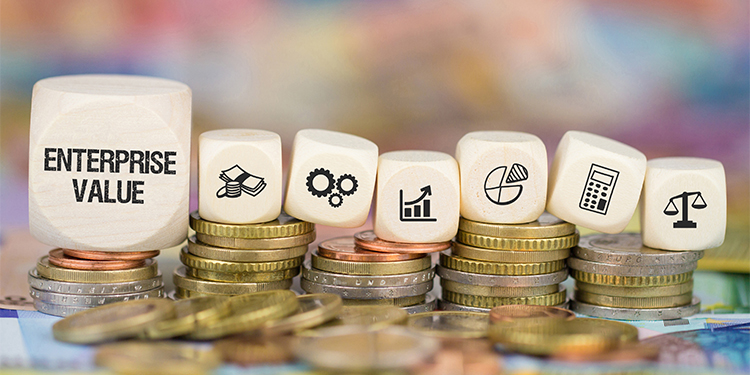
The enterprise value to EBITDA valuation metric provides a clear, comparative view of a company's value, regardless of capital structure or market capitalization.

Explore the factors that influence whether to value a business based on past or future earnings. Learn about different valuation methods, the role of company size and growth trajectory, and how to choose the right approach for your business.
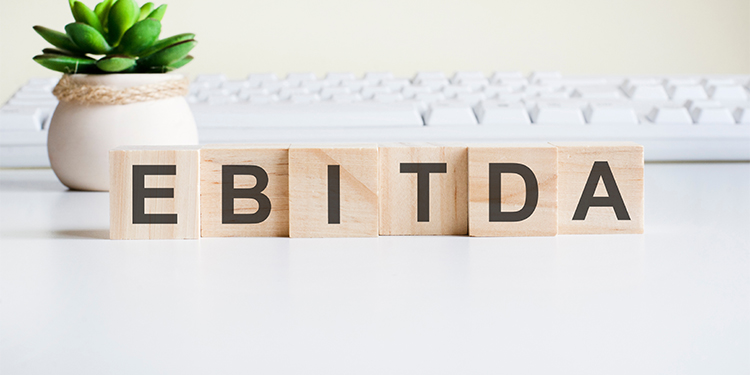
EBITDA is a key financial metric for businesses. This guide explains what EBITDA is, how it’s calculated, and its significance in business valuations.
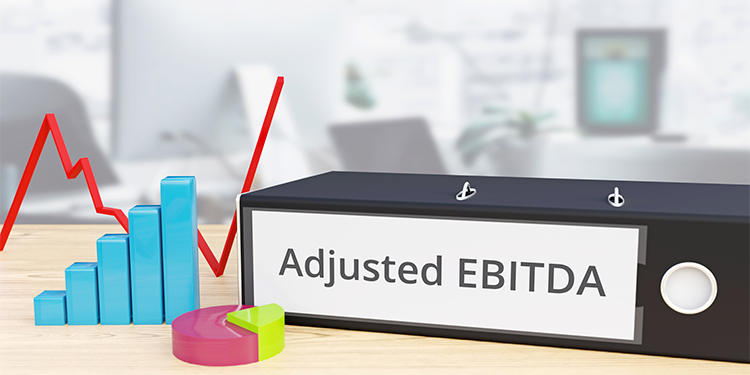
Adjusted EBITDA is a metric of earnings that adds back interest, taxes, depreciation, and amortization expenses. Adding-back non-recurring and discretionary expenses to provide a clear picture of a business’ earnings.
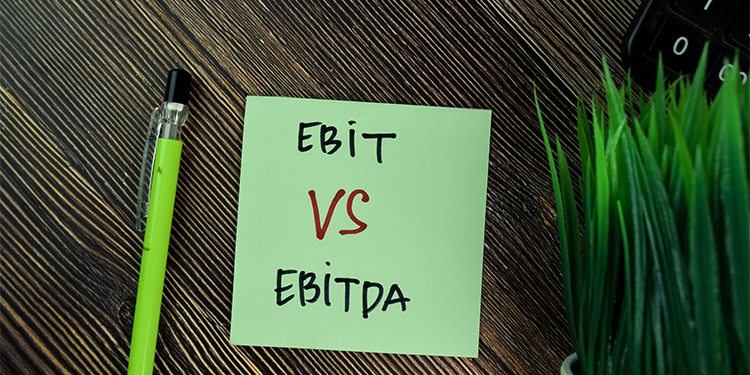
EBIT vs. EBITDA: Learn the difference between two important financial metrics: Earnings Before Interest and Taxes (EBIT) and Earnings Before Interest, Taxes, Depreciation, and Amortization (EBITDA).

The two most commonly used financial metrics for measuring the profit or cash flow of small businesses and middle market companies are seller’s discretionary earnings (SDE) and earnings before interest, taxes, depreciation, and amortization (EBITDA).
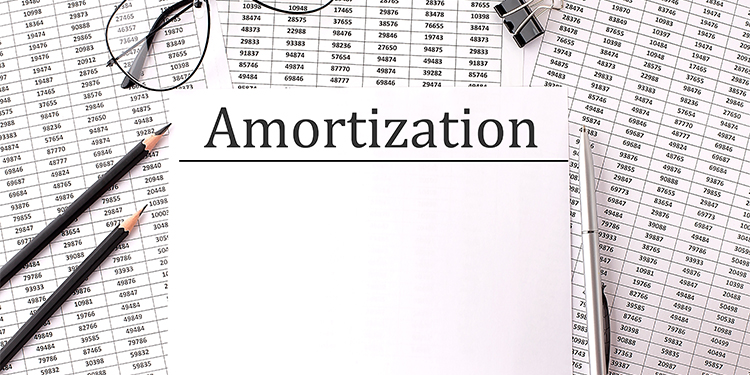
EBITDA, earnings before interest, taxes depreciation, and amortization measure’s a businesses operating efficiency. Amortization, an accounting practice distributing asset costs over their lifespan, plays an important role in valuing businesses for sale.
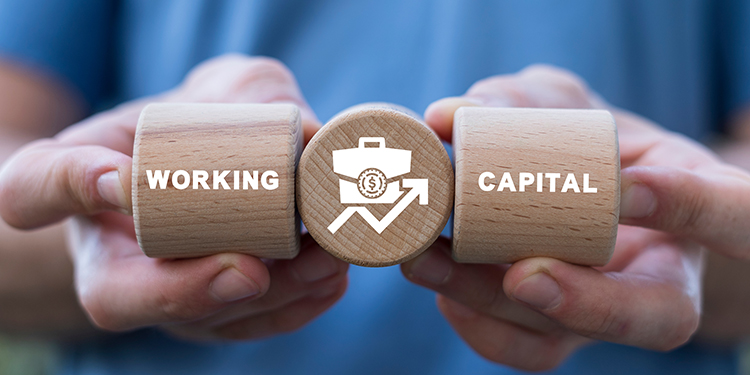
Learn about the role of working capital in business valuation and how what buyers view it impacts your sale.

The value of a business adjusts to account for a variety of circumstances during the process of selling a business. Read more to learn about the conditions that may impact valuation.
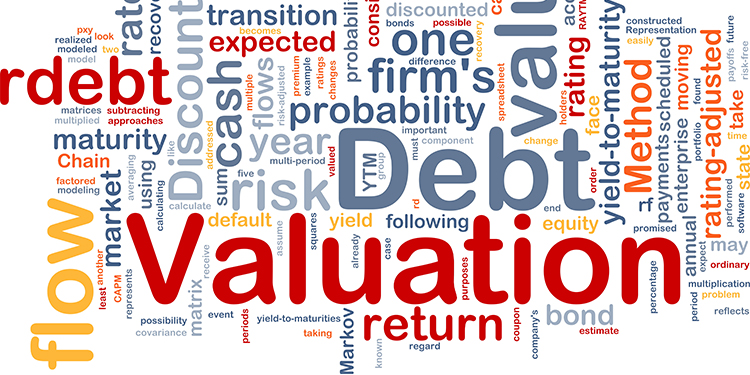
Whether you are considering selling your business, need a new round of funding, or a business loan, you need to be aware of your present business valuation and opportunities to boost its value.

Identifying and addressing pre-sale improvements makes your business more appealing to potential buyers and maximizes its value.

Tips to build a strong management team and boost your business's sale price. Learn how to value of management is a strong asset, not a liability.

Learn how to value intellectual property in business valuations. Discover key IP valuation methods and understand the impact of intangible assets on overall business worth.

Learn factors that influence the resale value of a franchise and discover strategies for setting an asking price that maximizes your return when selling your franchise.

The surest way to arrive at a valuation for your business is to seek the guidance from professionals experienced in business assessments, valuations, and sales.


